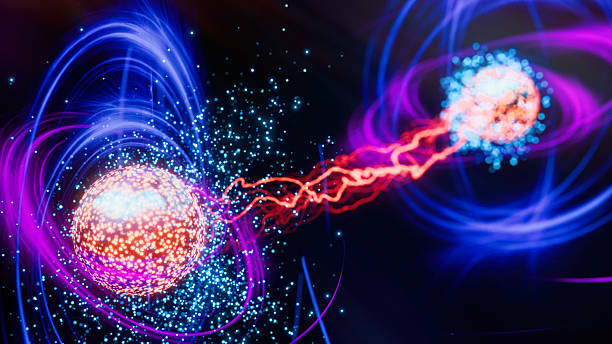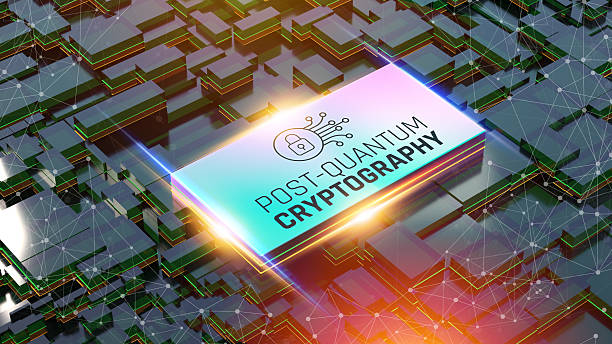Quantum Computing and Secure Communication: Revolutionizing the Future of Cybersecurity
Quantum Computing and Secure Communication: Shaping the Future of Cybersecurity

Quantum computing is no longer just a theoretical concept explored by physicists in laboratories. It is rapidly becoming a reality that promises to transform the way we process information and secure communication networks. As cybersecurity threats grow more sophisticated, understanding the principles of quantum computing and its application to secure communication is becoming essential for both professionals and enthusiasts.
Understanding Quantum Computing
Unlike classical computers, which rely on bits representing either 0 or 1, quantum computers use quantum bits (qubits) that can exist in a superposition of states. This allows quantum computers to perform complex calculations exponentially faster than traditional computers.

Key Principles of Quantum Computing
- Superposition: Qubits can represent both 0 and 1 simultaneously, enabling parallel computation.
- Entanglement: Two qubits can become linked so that the state of one instantly influences the other, even across long distances.
- Quantum Interference: Helps in amplifying correct solutions while canceling incorrect ones during computation.
Why Quantum Computing Matters for Secure Communication
Secure communication relies heavily on cryptographic methods that protect sensitive data from unauthorized access. Traditional encryption, such as RSA and AES, depends on the difficulty of factoring large numbers or complex mathematical problems.
Quantum computers, however, have the potential to break many of these classical encryption methods because of their immense computational power. This creates both a threat and an opportunity for cybersecurity.

Quantum Key Distribution (QKD)
Quantum Key Distribution is one of the most promising applications of quantum computing for secure communication. It allows two parties to generate a shared, secret encryption key, which is theoretically impossible for eavesdroppers to intercept without detection. QKD leverages the principles of quantum mechanics, such as superposition and entanglement, to ensure that any attempt at interception alters the key, alerting the communicators.
Real-World Applications of Quantum Secure Communication
- Banking and Finance: Banks can use quantum encryption to protect sensitive transactions and client data.
- Government Communications: Ensures secure transmission of classified information between agencies.
- Healthcare: Protects patient records and sensitive health data from cyber threats.
- Cloud Computing: Provides secure data storage and transmission in cloud services.
Challenges and Limitations
Despite its potential, quantum computing is still in its early stages. There are several challenges:
- Hardware Limitations: Building stable qubits that can maintain coherence for a long time is technically difficult.
- Cost: Quantum computers are extremely expensive to build and maintain.
- Integration: Adapting current digital infrastructure to quantum-safe cryptography requires major upgrades.
The Future of Quantum Secure Communication
The race is on to develop quantum-safe cryptography, which can withstand attacks from quantum computers. Many experts believe that hybrid systems combining classical and quantum encryption will be the norm in the near future. Governments and tech giants like IBM, Google, and Microsoft are actively investing in quantum research and developing secure communication protocols.
For individuals and businesses, staying informed about quantum computing developments is crucial. Early adoption of quantum-safe solutions can protect sensitive data from future threats.
Conclusion
Quantum computing is more than just a technological marvel—it is a transformative tool that can redefine secure communication. By leveraging quantum principles like superposition, entanglement, and quantum key distribution, we can create encryption methods that are virtually unbreakable. While challenges remain, the future of quantum secure communication holds immense promise for cybersecurity, finance, healthcare, and beyond.
Understanding and preparing for this quantum revolution today ensures that individuals, organizations, and nations can protect their data in a world where classical security methods may no longer suffice.

Comments
Post a Comment